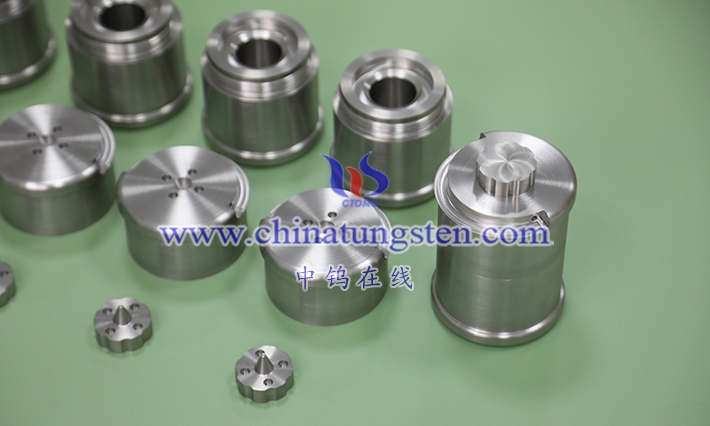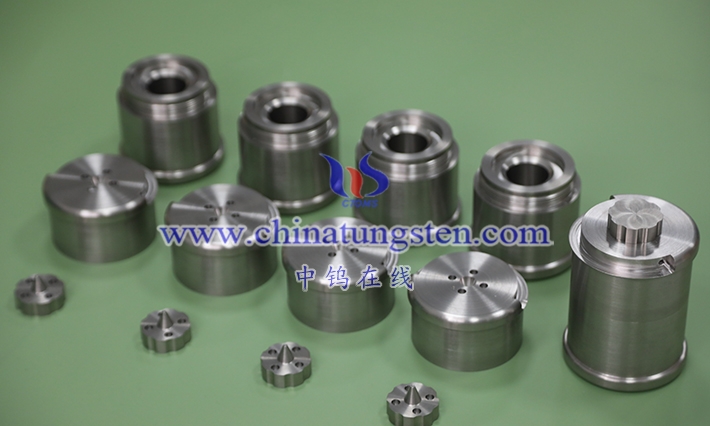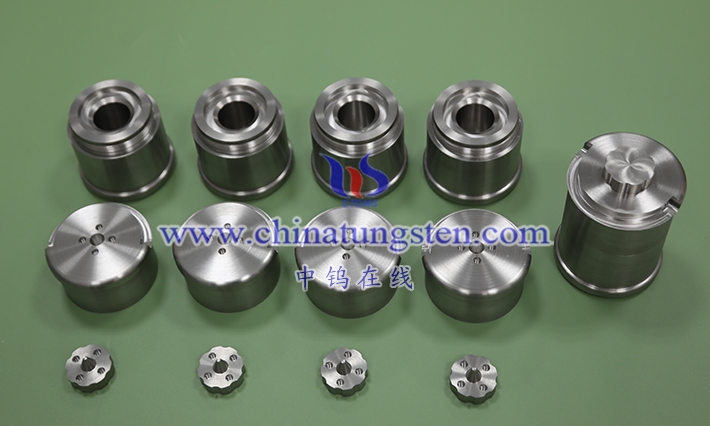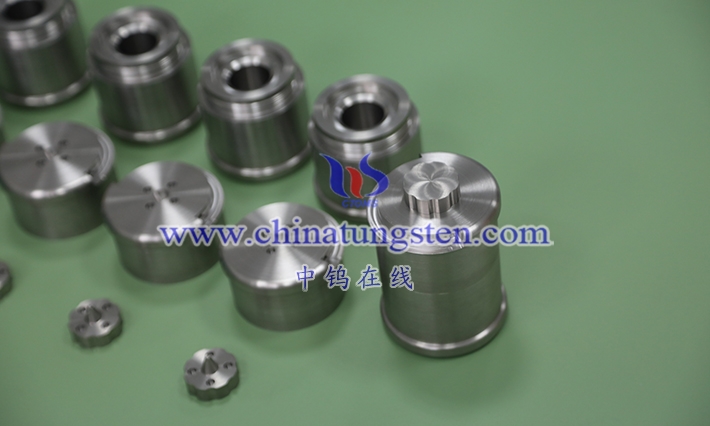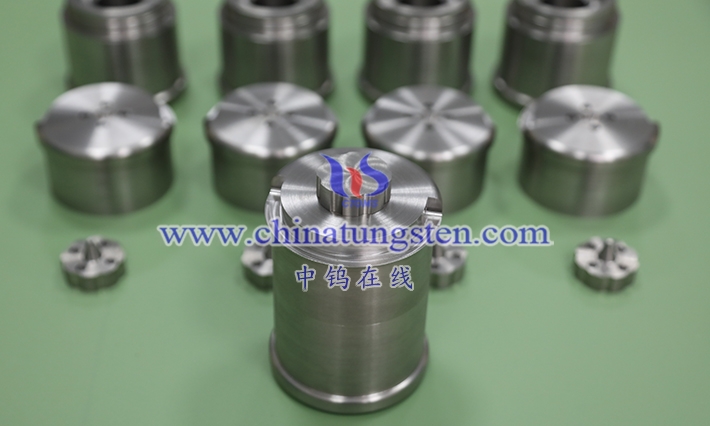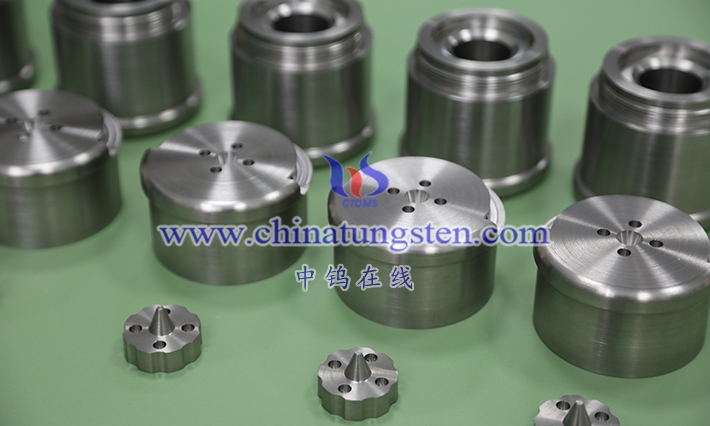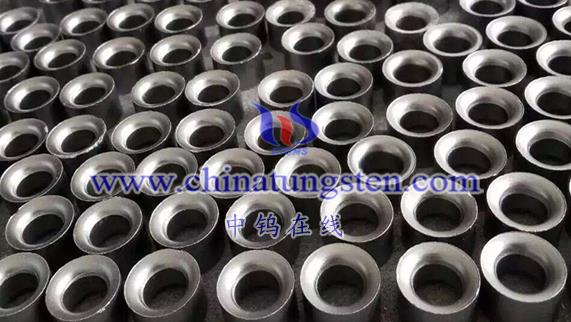
The strength and hardness of high-density alloys depend on their composition and preparation process.
First of all, the components of high-density alloys usually include elements such as tungsten (W), nickel (Ni), iron (Fe), copper (Cu). The ratio of these elements directly affects the physical and mechanical properties of the alloy. For example, increasing the tungsten content increases the strength and hardness of the alloy, but also reduces the plasticity and toughness.
Secondly, the preparation process is also an important factor affecting the strength and hardness of high-density alloys. Common preparation processes include powder metallurgy, smelting and casting. Among them, powder metallurgy is a commonly used method for preparing high-density alloys. Metal powder is pressed and sintered into dense alloy blocks to obtain higher density and excellent mechanical properties.
In addition, the strength and hardness of the alloy are also affected by heat treatment. Through appropriate heat treatment, the internal structure of the alloy can be changed, improving its strength and hardness while maintaining good plasticity and toughness.
In summary, the strength and hardness of high-density alloys are determined by selecting appropriate ingredients and preparation processes, and conducting appropriate heat treatments. These factors work together to give high-density alloys excellent mechanical properties and a wide range of applications.
More details of tungsten alloy product, please visit website: http://tungsten-alloy.com/
Please contact CHINATUNGSTEN for inquiry and order of tungsten carbide:
Email: sales@chinatungsten.com
Tel.: 86 592 5129595
